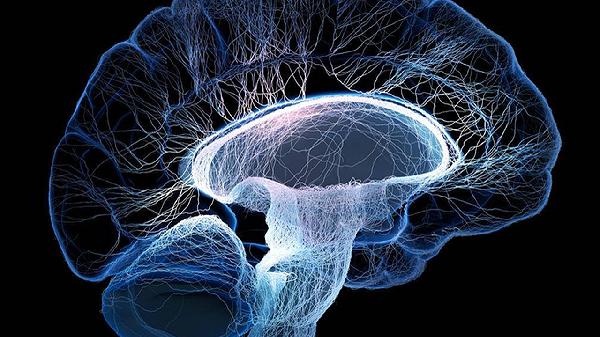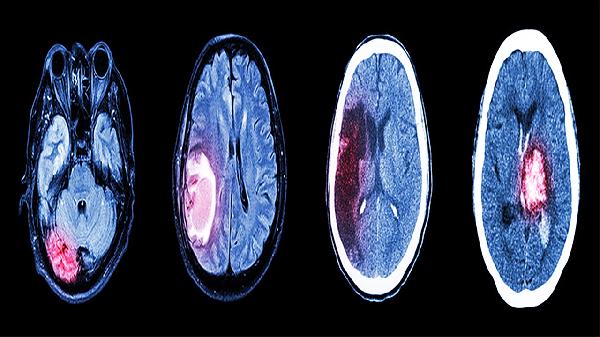Post-wedding anxiety is that weird emotional hangover nobody warns you about when you're busy picking out floral arrangements and cake flavors. You spend months (sometimes years) obsessing over every detail, and then—poof—it's over in what feels like five minutes. What's left? A strange mix of relief, exhaustion, and this nagging feeling like you should still be doing something wedding-related.
The Wedding Planning Hangover
graduations, big promotions, even vacations people save years for. There's often a disproportionate expectation of happiness that reality can't match. When you combine that with sleep deprivation and the physical toll of wedding events, it's a perfect storm for anxiety."
The Identity Shift Nobody Prepares You For
Here's the real kicker—you're not just adjusting to life after the wedding, you're adjusting to life as a married person. Even if you've lived together for years, there's something psychologically significant about that legal and social status change. Suddenly you're someone's wife or husband, and that comes with a whole new set of unspoken expectations and internal narratives.
For me, this manifested in weird ways. I'd catch myself mid-sentence saying "my husband" and feel like I was pretending. Or I'd panic thinking about how we were now "the married couple" at gatherings. It wasn't that I regretted getting married—I was (and am) crazy about my partner—but the label felt heavier than I expected.
The Social Media Comparison Trap
Oh man, this one's brutal. You spend months carefully curating your wedding content, then suddenly your feed is full of other people's picture-perfect days. Even if you loved your wedding, it's easy to fall into the "why didn't we think of that?" spiral. That gorgeous sunset photo? You were too busy making sure Aunt Linda didn't start a political debate to notice the lighting.
Then there's the post-wedding content—couples looking blissful on exotic honeymoons, moving into dream homes, announcing pregnancies. It creates this false timeline where you feel behind before you've even unpacked the gift boxes. Pro tip: mute those hashtags for a while. Your mental health will thank you.
Practical Strategies for Coming Down
So how do you actually deal with this? First, recognize it's normal. Your brain isn't broken—it's adjusting. Here are some concrete things that helped me:
- Create a "wedding closure" ritual: Look through photos, write thank you notes, pack up your planning binder. These activities help signal to your brain that the event is complete.
- Schedule something to look forward to: Book a weekend getaway, start a new hobby, or plan regular date nights. This fills that planning void with positive focus.
- Talk about it: Find friends who've been through it or consider therapy. Bottling up the "I should be happier" feeling only makes it worse.
- Limit decision-making: Give your overtaxed brain a break by automating small choices—meal kits, outfit planning apps, whatever reduces daily cognitive load.
Remember, this adjustment period is temporary. One day you'll wake up and realize you haven't thought about centerpieces in weeks. Until then, be kind to yourself—you just pulled off what's essentially a corporate event while being the center of attention. That's no small feat.
























